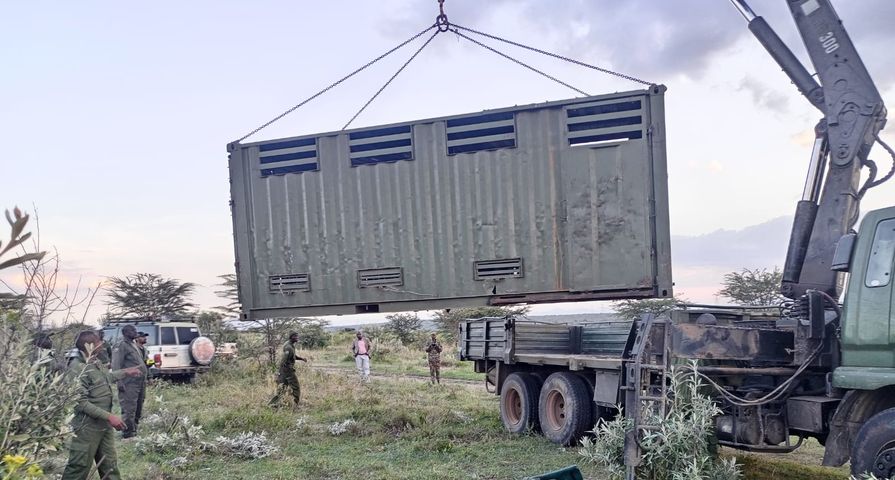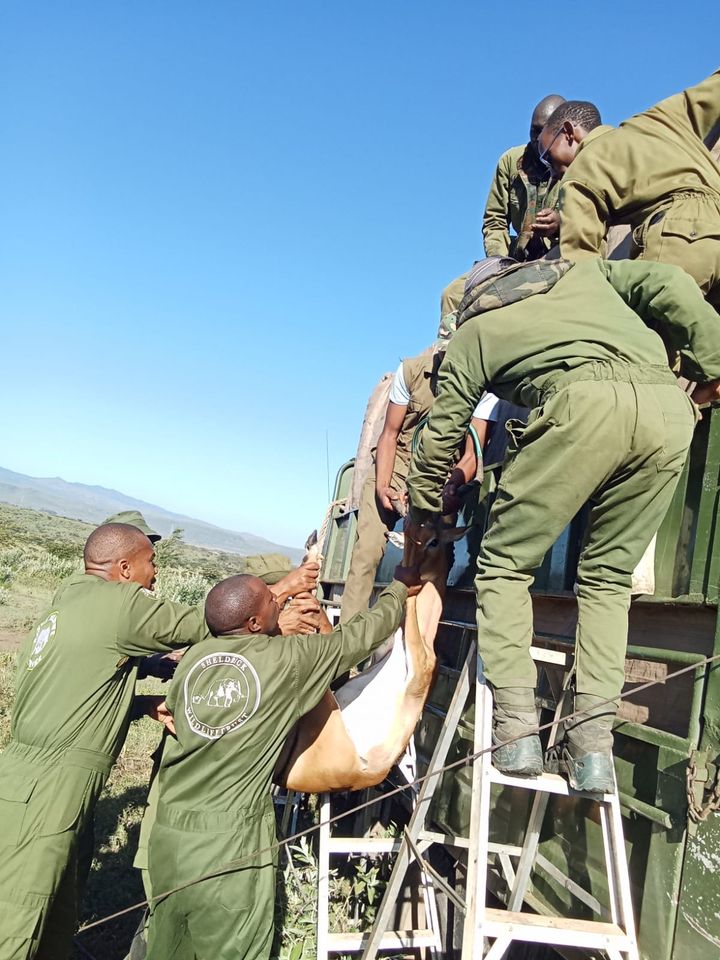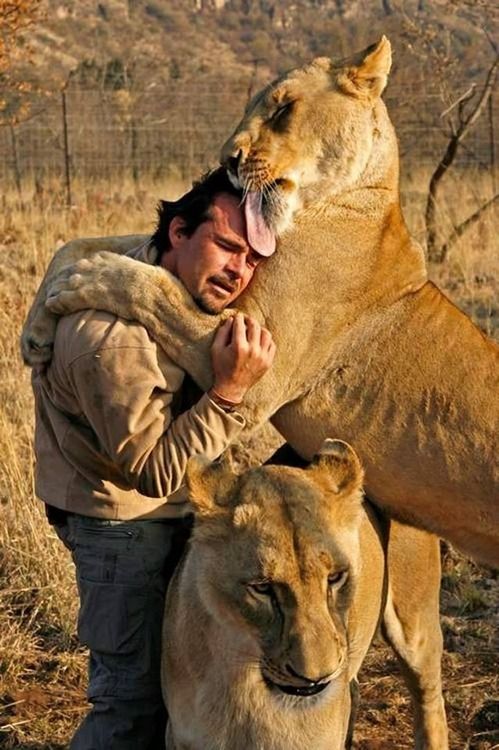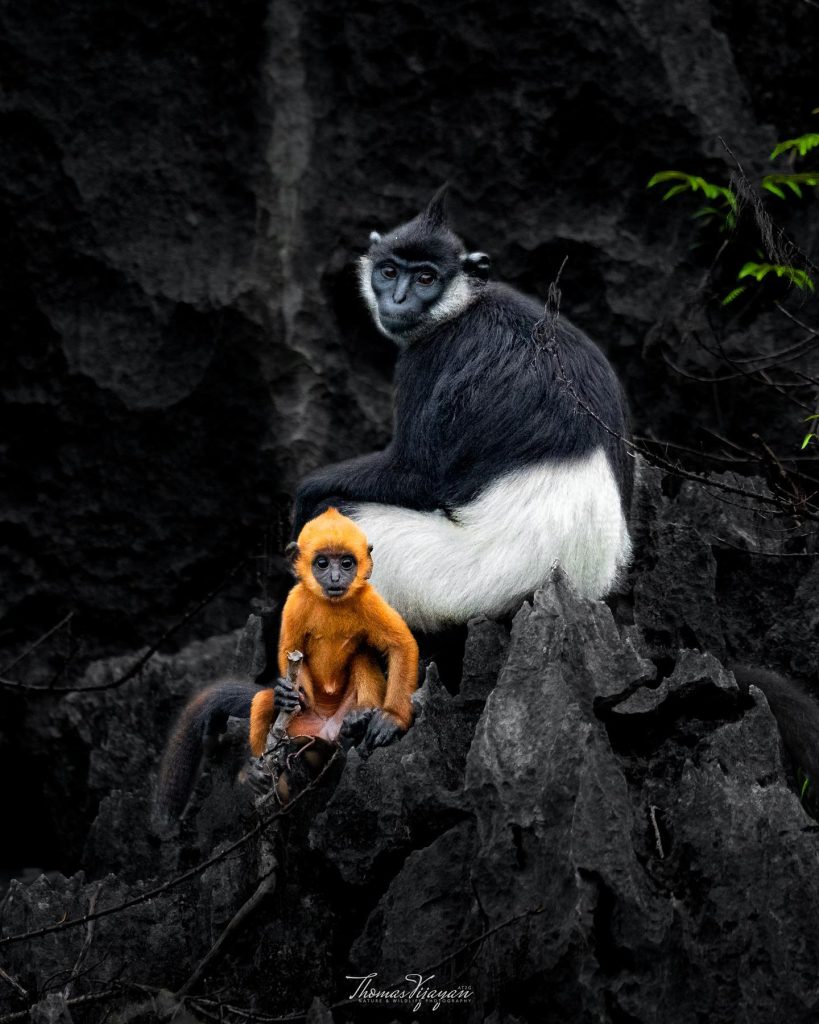
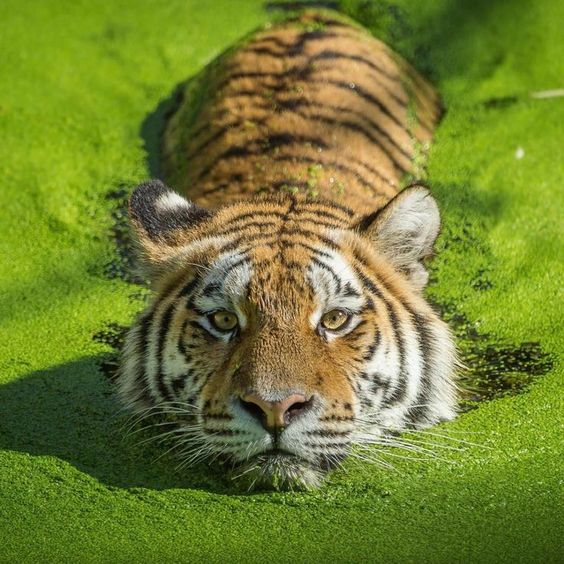
In the heart of our planet’s most remote jungles, expansive oceans, and soaring mountain ranges, countless species teeter on the brink of extinction. As human activity accelerates climate change, habitat destruction, and illegal wildlife trade, the role of conservationists—true guardians of the wild—has never been more vital. This article explores how global efforts are working to protect endangered species and what we can all do to make a difference.
What Does It Mean to Be Endangered?
An endangered species is one at risk of extinction across all or a significant portion of its natural habitat. According to the International Union for Conservation of Nature (IUCN), over 42,000 species are currently listed as threatened. This includes iconic animals such as the Amur leopard, orangutan, and vaquita porpoise.
The causes of endangerment vary, but primary threats include:
Habitat loss due to deforestation, urban expansion, and agriculture
Poaching and illegal trade in animal parts and exotic pets
Pollution of ecosystems, particularly oceans and freshwater sources
Climate change, which disrupts food chains and migration patterns
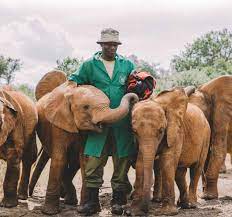
The Guardians of the Wild: Who Are They?
Conservationists, wildlife biologists, park rangers, and local communities all play critical roles in protecting endangered species. These modern-day guardians employ a mix of scientific research, environmental activism, and grassroots advocacy to reverse the damage done to fragile ecosystems.
Some of the most impactful efforts include:
Wildlife sanctuaries and protected areas: Safe havens like Yellowstone, the Amazon Rainforest, and African game reserves are crucial to preserving biodiversity.
Breeding and reintroduction programs: Zoos and wildlife centers often breed endangered animals in captivity to increase population numbers before releasing them into the wild.
Anti-poaching patrols: In high-risk areas, rangers work around the clock to prevent illegal hunting and trafficking.
Ecotourism: When done responsibly, ecotourism provides economic incentives to preserve wildlife and supports local conservation efforts.
Technology and Innovation in Conservation
Modern technology has revolutionized how we protect wildlife. From drone surveillance of vast wilderness areas to GPS tracking collars, digital tools allow conservationists to monitor endangered species more effectively. AI-powered image recognition is also used to identify individual animals and detect threats like illegal logging.
Organizations like WWF, Wildlife Conservation Society, and National Geographic Society leverage data analytics and satellite imagery to forecast environmental changes and plan proactive interventions.
Why Protecting Endangered Species Matters
Preserving endangered species is not just about saving individual animals—it’s about maintaining the health of entire ecosystems. Each species plays a role in a delicate web of life. When one disappears, it can trigger a cascade of negative effects, including the collapse of food chains and the spread of invasive species.
Additionally, biodiversity offers direct benefits to humans, including:
Medical discoveries from plants and animals
Pollination of crops by insects like bees
Climate regulation through forests and oceans
How You Can Help
Even if you’re not on the front lines, you can still be a guardian of the wild:
Support reputable conservation organizations with donations or volunteer work
Avoid products made from endangered species, including ivory, coral, and exotic leather
Reduce your carbon footprint by using sustainable transport and conserving energy
Educate others and raise awareness about endangered species through social media and community events
The battle to save endangered species is a shared responsibility—and one that defines our legacy. As guardians of the wild, both experts and everyday citizens can contribute to a more sustainable, biodiverse planet. Whether it’s by protecting a rainforest, funding a sanctuary, or simply making more informed choices, every action counts.
